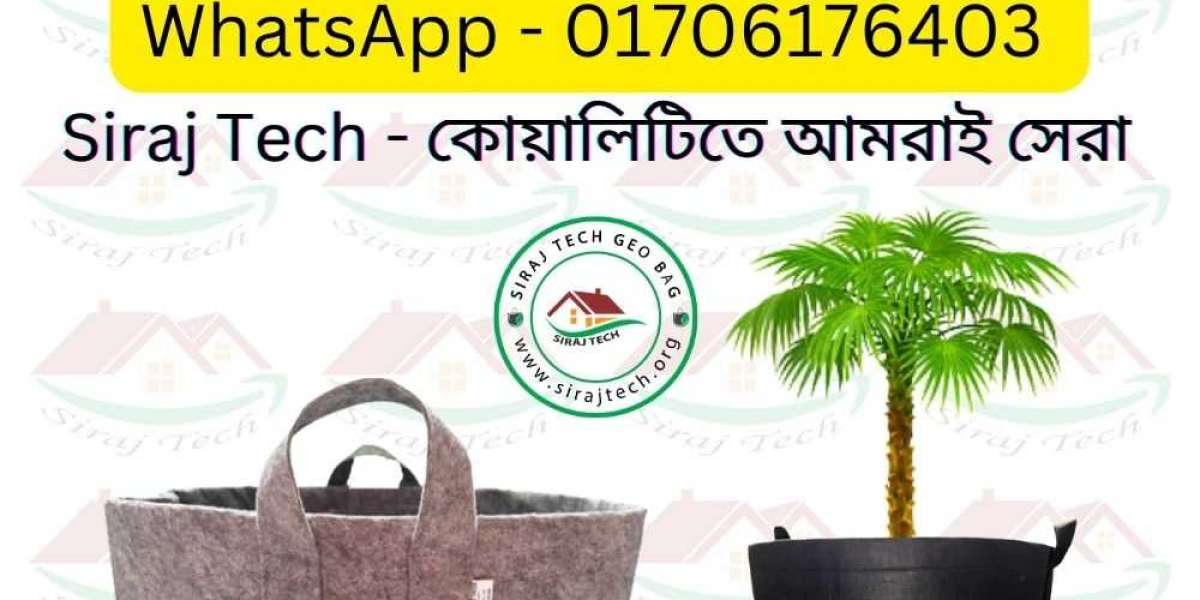Understanding Geo Textile Bags:
Geo textile bags, sized at 600x500mm, are essential components in civil and construction projects. Crafted from materials like polyester, polypropylene, and polyamide, these bags are engineered to modify soil characteristics, rendering them suitable for construction in weak or unstable areas. Moreover, they play a pivotal role in preventing erosion along sea, river, and pond banks.
What is GSM? GSM, or Grams per Square Meter, denotes the weight of material per square meter. Essentially, it quantifies the density of the fabric. For instance, a 200 GSM fabric weighs 200 grams per square meter. As GSM increases, so does the thickness of the material.
Here's a quick reference guide to GSM thickness:
- 200GSM = 2mm
- 300GSM = 2.5mm
- 400GSM = 3mm
- 500GSM = 3.8mm
- 600GSM = 4.5mm
Types of Geo Textile Sheets: Geo textile sheets come in two primary variants: woven and non-woven.
Woven Geo Textiles: Woven geotextiles are crafted from plastic yarns, akin to the materials used in sugar and rice bags. They offer robust support and reinforcement in various construction applications.
Non-Woven Geo Textiles: Non-woven geotextiles are manufactured through a process called swing-punching, providing them with a unique water filtration capability. These fabrics are indispensable where water filtration is essential, and they serve as effective erosion control measures along riverbanks.
In summary, Geo textile bags serve as versatile solutions in construction and erosion control, with their characteristics and applications varying based on GSM and weaving technique. Whether reinforcing soil for construction or safeguarding against erosion, these bags are indispensable in modern civil engineering and environmental protection efforts.



